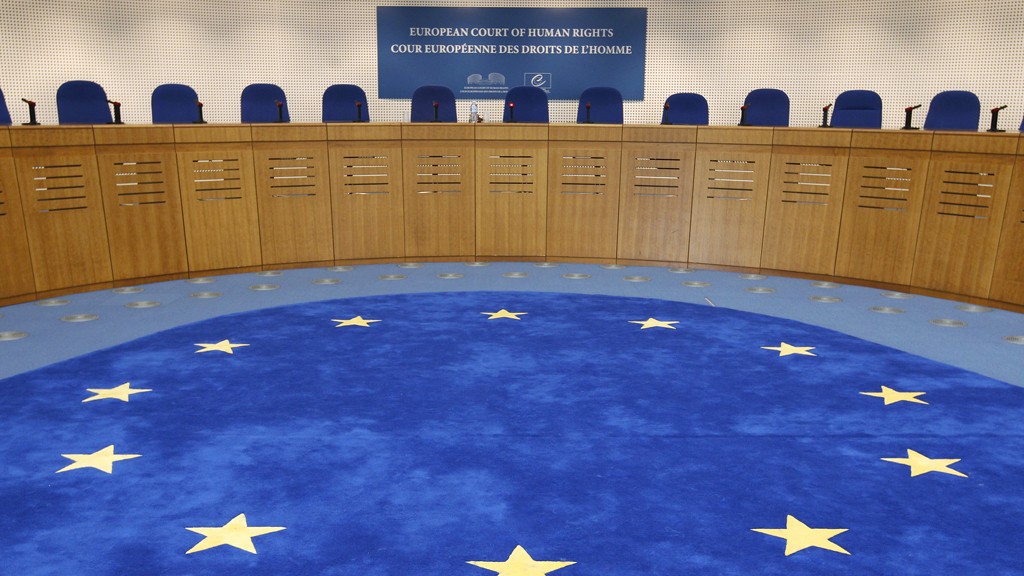 On 21 July 2015, the European Court of Human Rights (ECtHR) unanimously ruled in Oliari and Others vs Italy that Italy’s failure to provide any form of legal recognition for same-sex couples violated Article 8 of the European Convention of Human Rights.
On 21 July 2015, the European Court of Human Rights (ECtHR) unanimously ruled in Oliari and Others vs Italy that Italy’s failure to provide any form of legal recognition for same-sex couples violated Article 8 of the European Convention of Human Rights.
This is a ground-breaking judgment not just for Italy, but for all of Europe as this is the first time that the ECtHR has recognised the right of same-sex unions to be legally recognised. The Chamber judgment urged the Italian government to introduce civil unions or registered partnership to solve this inequality.
ILGA-Europe warmly welcome the ECtHR’s decision and eagerly await the Italian government’s action to implement this judgment. Now Italy must address the imbalance between law and reality that exists within its borders; same-sex couples in committed relationships who wish to be recognised must be afforded sufficient legal protection. The judgment notes that the Italian Constitutional Court had previously pointed out the need to recognise same-sex couples in a 2010 case and that promises by successive governments to act on this issue have come to nothing.
Paulo Corte-Real, Co-Chair of ILGA-Europe Executive Board, said:
“This judgment is a call for immediate action in Italy. The groundswell of positive public opinion and political support that was so evident in Italy following the Irish marriage equality referendum led to the promise of the long-anticipated partnership bill before the summer. We were very disappointed to see it delayed until the parliament returns in the autumn. This decision makes it clear that Italian politicians must act swiftly – and decisively.”
While the Oliari judgment is only legally binding on Italy, it signals a significant evolution in the ECtHR approach which now affirms the right of same-sex unions to be officially recognised. The Court pointed out that 24 of the 47 Council of Europe member states provide same-sex couples with protection and recognition; this is a trend that simply cannot be ignored. It will provide LGBTI advocates in the remaining Council of Europe states who do not recognise same-sex couples with compelling arguments for protection.
Joyce Hamilton, Co-Chair of ILGA-Europe’ Executive Board, added:
“We really hope this judgment will speed up the process of legal recognition of same-sex unions not only in Italy, but also in other 22 countries of the Council of Europe which currently do not legally acknowledge same-sex unions. We encourage politicians and law makers in those countries to reflect on the judgment and the realities of same-sex unions and to side with equality, respect and dignity for all couples.”